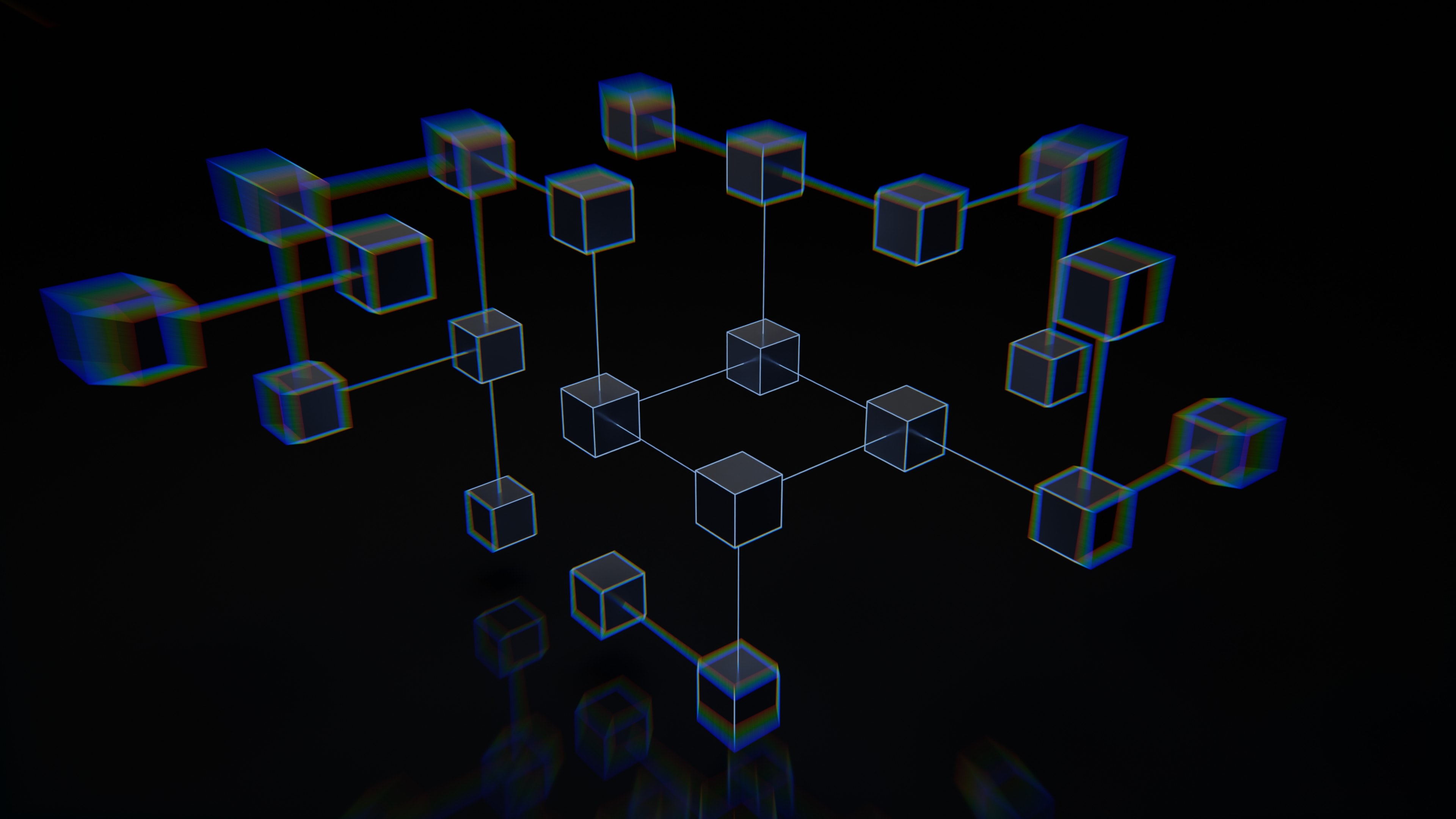A blockchain is a decentralized and distributed digital ledger that is used to record transactions across a network of computers. It allows for secure and transparent record-keeping by storing data in a way that is difficult to alter or tamper with.
A blockchain is made up of a series of interconnected blocks, each of which contains a record of multiple transactions. When a new transaction is made, it is added to the most recent block in the chain. Each block is linked to the previous block, forming a chain of blocks that can be traced back to the very first block, known as the "genesis block."
One of the key features of a blockchain is that it is decentralized, meaning that it is not controlled by a single entity or organization. Instead, it is maintained by a network of computers, or "nodes," that work together to validate and record transactions. This decentralized structure makes it difficult for any single entity to manipulate or corrupt the data on the blockchain.
Blockchains are often used to create and manage digital currencies, such as Bitcoin and Ethereum. They are also being used for a wide range of other applications, including supply chain management, voting systems, and the creation and trading of non-fungible tokens (NFTs).
Overall, the blockchain is a powerful technology that has the potential to revolutionize the way we think about data storage, security, and trust. It is already having a major impact in many different industries and is likely to continue to shape the way we do business and interact with each other in the digital age.



Comments